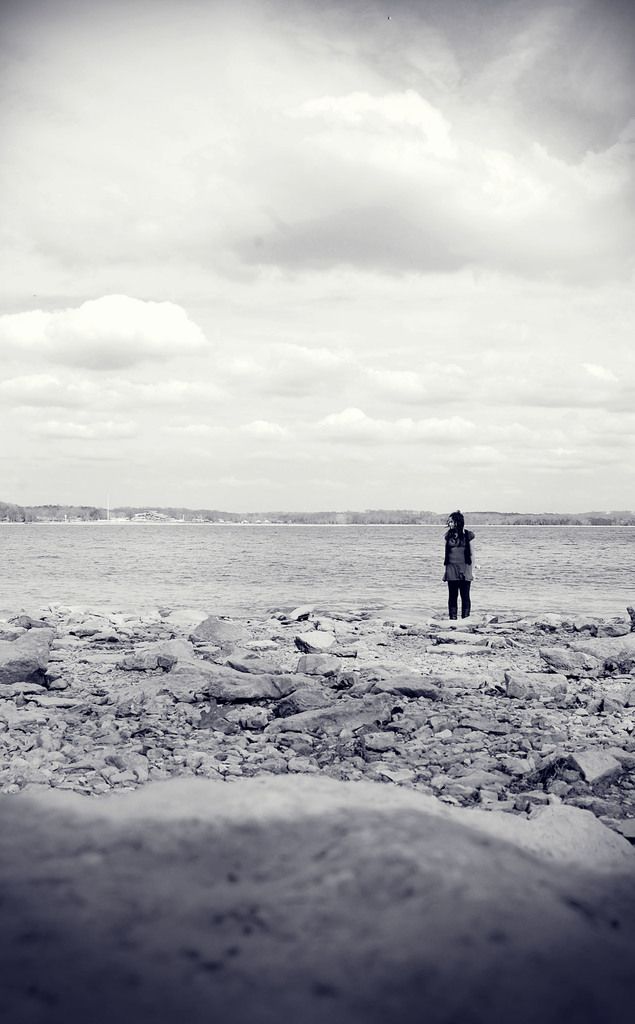Trump's controversial travel restriction's underlying intention
Hey there! Let's talk about the latest travel ban and how it's impacting people in the Seattle area.
Wazhma Samizay, an Afghan-American born in the US, shares her concerns about the travel ban, stating that it's hitting her "a lot harder" than previous attacks against immigrants by the Trump administration. She explains that this time, there's less balance of power and pushback, making the threats feel more dire. Her parents, who fled Afghanistan due to the Soviet Union's invasion in the early 1980s, faced similar challenges many others have over the years. Unfortunately, Samizay feels that despite being a citizen, her and others like her—because they're "brown, because they're Muslim"—will never be considered "American enough."
The travel ban has left numerous people in the Seattle region anxious about their families. The list of 19 banned or partially banned countries includes several countries in Africa and the Middle East. To make matters worse, although Trump used the firebomb attack by an Egyptian man in Boulder as justification for the ban, Egypt is not even on the list.
The administration initially argued that the list was based on countries with poor vetting and visa overstays, but The New York Times pointed out that in 2023, Spain had far more overstays than all seven banned African countries combined. Spain, of course, is not on the list either. In a meeting during his first administration, Trump referred to Haiti and other African nations as "shithole countries." He then went on to say "we don't want them" last week when announcing the ban, pointing a finger at "we" and "them" to do a lot of the heavy lifting.
Roxana Norouzi, the executive director of Seattle-based immigrant rights organization OneAmerica, sees the latest travel ban as an extension of Trump's racist and xenophobic agenda. She believes the policy targets black and brown people and serves to further his cruel agenda of family separation.
The implications of the travel ban go beyond just those who are directly impacted. For example, Norouzi points out that her parents came to the U.S. on visas from Iran. If she had been born today, her grandmother would not have been able to visit after she was born because Iran is also on the travel ban list. The ban, Norouzi says, is primarily about causing harm, pain, and separation within our communities, and about blocking and demonizing the citizens of certain countries.
Many countries already enduring unfathomable hardship and suffering, such as Sudan, which is in the midst of a civil war and faces the most devastating humanitarian and displacement crisis in the world, according to the United Nations. Instead of offering support and aid, the U.S. has slamming the door shut.
Unlike the protests that erupted at airports after the Muslim ban was announced during the first Trump administration, the public reaction to Travel Ban 2.0 has been more muted. We must make sure we don't let ourselves become desensitized to what our government is doing. The travel ban is a direct attack on the rights, families, and futures of millions of people, and it's our responsibility to stand up against it.
If you want to make a difference, consider supporting local organizations that advocate for immigrant rights or get involved with community events that promote inclusivity and equality. Invite friends over to talk about these issues or attend town hall meetings to learn more and take action. Together, we can create a kinder, more welcoming world for everyone, regardless of their race, religion, or nationality.
Stay informed and engaged!
nishisaka@our website
Most Read Local Stories
- Feds leading search for Travis Decker; autopsies show how daughters died
- Which WA companies are not returning as Seattle Pride Parade sponsors
- Seattle's sizzling Sunday breaks heat record set in 1948
- Macklemore's Seattle residence targeted in home invasion, police say
- Valley Medical Center to end affiliation with UW Medicine
- The travel ban, announced by Trump last week, is causing anxiety among numerous people in the Seattle region, particularly those with family members in the 19 listed countries, which include several in Africa and the Middle East.
- Roxana Norouzi, the executive director of Seattle-based immigrant rights organization OneAmerica, equates the latest travel ban to an extension of Trump's racist and xenophobic agenda, targeting black and brown people and furthering his cruel agenda of family separation.
- The travel ban's implications go beyond those who are directly impacted, as Norouzi explains. For instance, if she had been born today, her grandmother, who came to the US on a visa from Iran, would not have been able to visit after she was born because Iran is on the travel ban list.
- The travel ban isn't just impacting countries already enduring hardship and suffering, such as Sudan, which is in the midst of a civil war and faces the most devastating humanitarian and displacement crisis in the world, according to the United Nations. Instead of offering support and aid, the U.S. has slamming the door shut.








